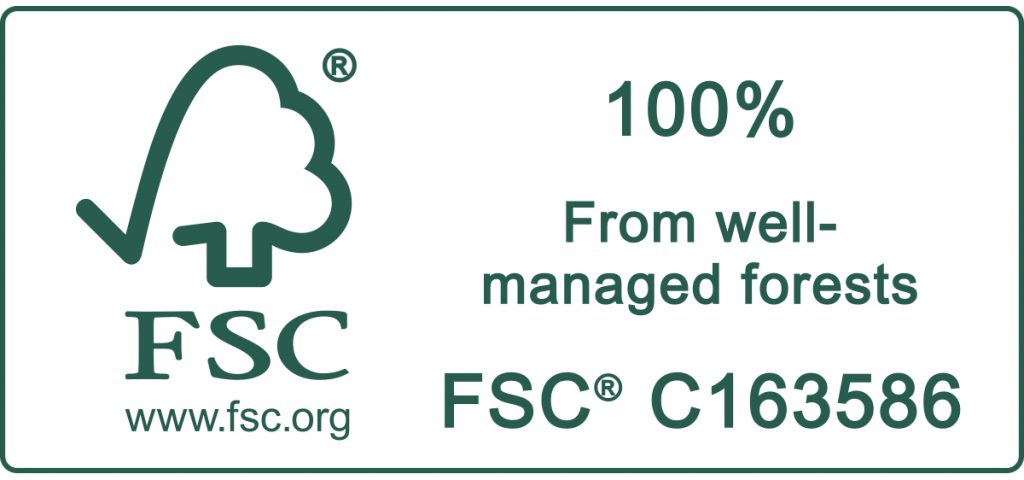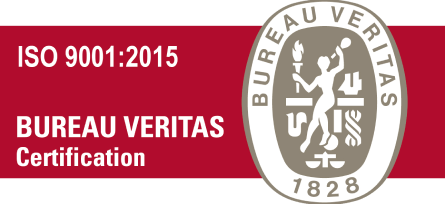As the digital landscape continues to grow, architects, clients, and contractors are increasingly recognizing the importance of an effective online presence. In order to ensure the smooth operation and maintenance of their websites, many architectural firms are opting for a website hosting and maintenance contract (source).
These contracts provide a comprehensive agreement between the architect, client, and contractor, outlining the responsibilities and expectations of each party involved. By establishing clear guidelines through a multi-party contract template (source), potential conflicts or misunderstandings can be mitigated.
This type of contract is not limited to the architectural field. International agreements, such as the recent China agreement with the US (source), also rely on effective contractual frameworks to ensure cooperation and compliance.
Within the architectural industry itself, maintaining a strong relationship between the architect, client, and contractor is crucial. A harmonious collaboration can make or break a project. Understanding this, architects are turning to resources such as the architect client and contractor relationship (source) to foster positive dynamics and successful outcomes.
When it comes to financial matters, having a well-drafted loan agreement template is essential. A draft loan agreement template in Australia (source) can provide the necessary legal framework for borrowers and lenders to protect their interests.
Beyond the architectural realm, the importance of maintaining a reliable list of contractors cannot be overstated. For projects like the Delhi Metro Rail Corporation (DMRC), having an up-to-date DMRC contractors list 2020 (source) ensures that the right professionals are hired for each job.
In the education sector, institutions often rely on a master agreement to establish guidelines for various purposes. The Tracy Unified Master Agreement (source) is an example of such an agreement, helping to streamline processes and facilitate cooperation between parties.
Proper grammar and language usage are critical in any agreement. From intricate legal documents to simple sentences, subject-verb agreement holds significance. For instance, “The lady buys flowers” subject-verb agreement (source) ensures clarity and avoids confusion.
In the financial sector, credit agreements often include various fees and charges. Understanding the terms and conditions of a credit agreement fee (source) helps borrowers manage their finances effectively.
Lastly, payback agreements (source) play a significant role in defining repayment terms and conditions between parties. Whether it is a loan or any other financial arrangement, payback agreements provide a structured approach towards settling financial obligations.
In conclusion, the use of website hosting and maintenance contracts, multi-party contract templates, and various other agreements and resources are becoming increasingly important in different sectors. These tools help strengthen relationships, streamline processes, and enable effective communication between parties involved. By utilizing such agreements, professionals can ensure smoother operations and successful outcomes in their respective fields.





